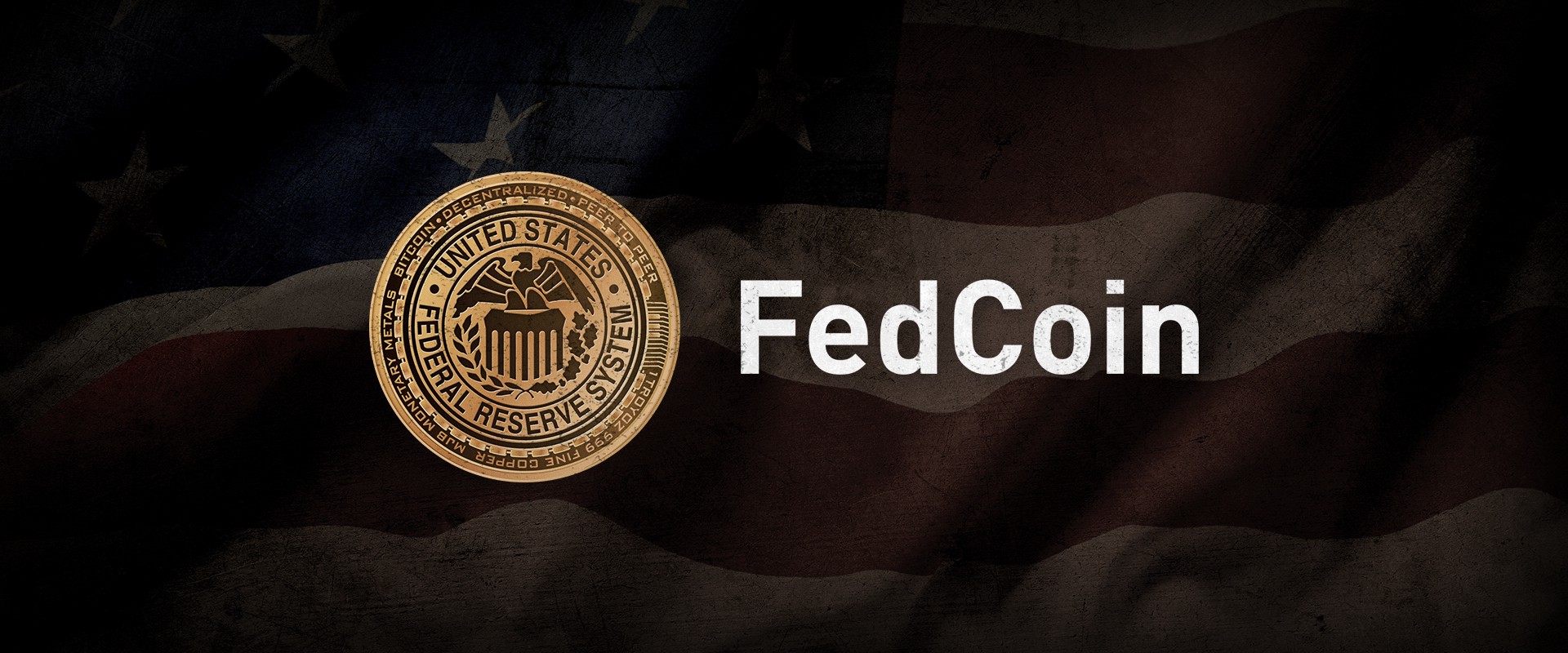PALO ALTO, Calif. (Reuters) - The Federal Reserve is looking Click here for more at a broad variety of issues around digital payments and currencies, consisting of policy, style and legal factors to consider around possibly issuing its own digital currency, Governor Lael Brainard said on Wednesday. Brainard's remarks suggest more openness to the possibility of a Fed-issued digital coin than in the past." By transforming payments, digitalization has the prospective to provide greater value and convenience at lower expense," Brainard said at a conference on payments at the Stanford Graduate School of Organization.
Central banks worldwide are discussing how to manage digital financing technology and the distributed journal systems utilized by bitcoin, which assures near-instantaneous payment at possibly low cost. The Fed is developing its own round-the-clock real-time payments and settlement service and is presently examining 200 remark letters sent late in 2015 about the suggested service's style and scope, Brainard said.
Less than 2 years ago Brainard told a conference in San Francisco that there is "no engaging demonstrated requirement" for such a coin. However that was before the scope of Facebook's digital currency ambitions were extensively known. Fed authorities, consisting of Brainard, have actually raised issues about consumer defenses and data and privacy threats that might be positioned by a currency that could come into use by the third of the world's population that have Facebook accounts.
" We are teaming up with other main banks as we advance our understanding of central bank digital currencies," she said. With more countries checking out issuing their own digital currencies, Brainard stated, that adds to "a set of factors to also be ensuring that we are that frontier of both research and policy development." In the United States, Brainard stated, problems that need study include whether a digital currency would Have a peek here make the payments system more secure or simpler, and whether it might position financial stability dangers, including the possibility of bank runs if cash can be turned "with a single swipe" into the central bank's digital currency.
To counter the monetary damage from America's extraordinary national lockdown, the Federal Reserve has taken unprecedented actions, consisting of flooding the economy with dollars and investing straight in the economy. Many of these relocations received grudging acceptance even from numerous Fed doubters, as they saw this stimulus as needed and something just the Fed could do.
My brand-new CEI report, "Government-Run Payment Systems Are Hazardous at Any Speed: The Case Versus Fedcoin and FedNow," information the dangers of the Fed's existing prepare for its FedNow real-time payment system, and propositions for main bank-issued cryptocurrency that have been called Fedcoin or the "digital dollar." In my report, I talk about issues about personal privacy, data security, currency manipulation, and crowding out private-sector competitors and innovation.
Proponents of FedNow and Fedcoin state the government needs to develop a system for payments to deposit quickly, instead of motivate such systems in the personal sector by lifting regulative barriers. But as kept in mind in the paper, the economic sector is supplying a relatively endless supply of payment technologies and digital currencies to resolve the problemto the level it is a problemof the time gap between when a payment is sent out and when it is gotten in a checking account.

And the examples of private-sector development in this area are numerous. The Clearing House, a bank-held cooperative that has actually been routing interbank payments in numerous forms for more than 150 years, has been clearing real-time payments because 2017. By the end of 2018 it was covering half of the deposit base in the U.S.